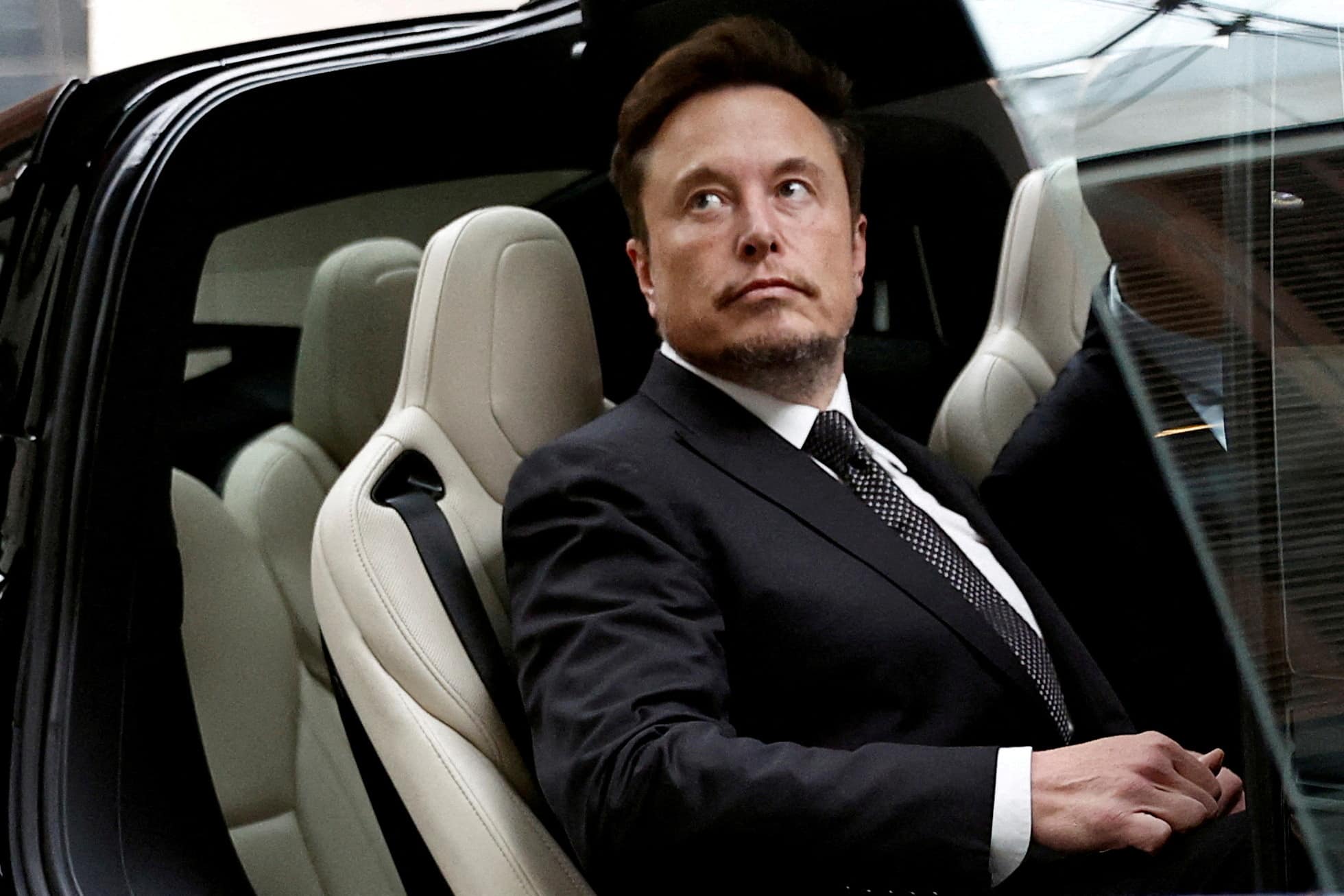Turkish President Tayyip Erdogan asked Tesla teslaEO Elon Musk to build a Tesla factory in Turkey, the country’s communications directorate said on Monday.
It cited Musk as saying that many Turkish suppliers are already working with Tesla and that Turkey was among the most important candidates for its next factory.
Tesla did not immediately respond to requests for comment.
Erdogan and Musk were speaking during a meeting at Turkish House, a skyscraper near the United Nations in New York, Turkey’s state-owned Anadolu news agency reported.
Erdogan is in the U.S. to attend the 78th session of the U.N. General Assembly.
Erdogan also said during the meeting that Turkey was open to cooperation on artificial intelligence and Starlink, the satellite internet venture of Musk’s SpaceX, the communications directorate said.
It cited Musk as saying SpaceX wished to work with Turkish authorities to obtain the necessary licence to offer Starlink satellite services in Turkey.
It also said Erdogan invited Musk to attend Turkish aerospace and technology festival Teknofest in Izmir at the end of September and cited Musk as saying he would gladly attend.
Musk is also set to meet Israeli Prime Minister Benjamin Netanyahu in California on Monday. Musk posted on social media platform X that their talks would focus on artificial intelligence technology.
Tesla in August expressed an interest in building a factory in India that would produce a low-cost electric vehicle.
Tesla currently has six factories and is building a seventh in Mexico in northern Nuevo Leon state, part of the automaker’s push to expand its global footprint.
Musk said in May that Tesla would probably pick a location for a new factory by the end of this year.
Tesla shares are up 123% so far this year and the automaker on Saturday said it had produced its 5 millionth car.
In addition to running Tesla, Musk also bought X, formerly known as Twitter, for $44 billion in 2022.
While describing himself as a free speech absolutist, Musk has complied with some demands by the Turkish government to censor content in the country. In other cases, the social media company has objected to orders by the Turkish courts.







Click here to change your cookie preferences